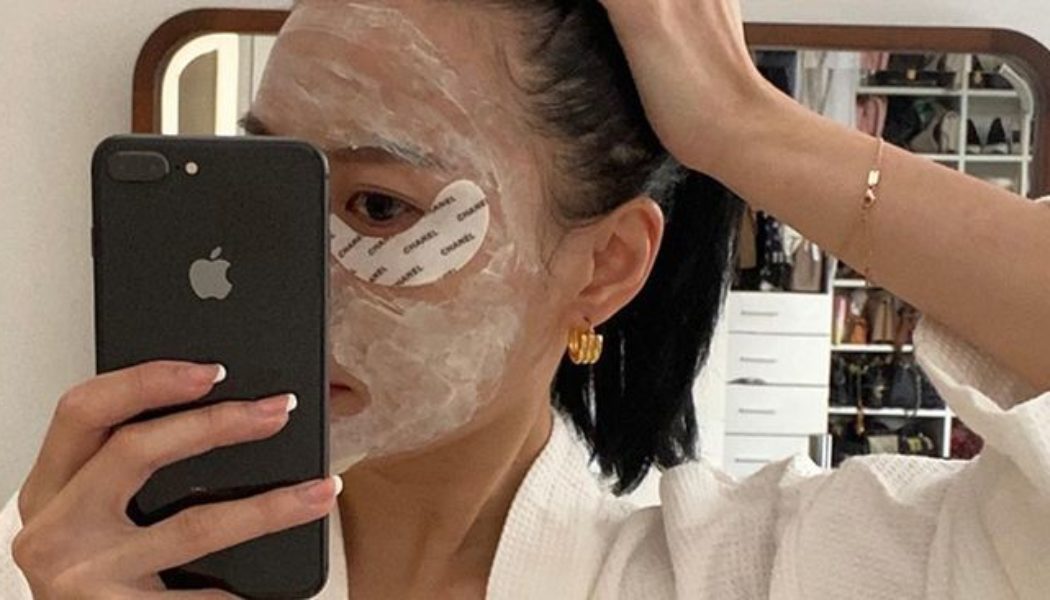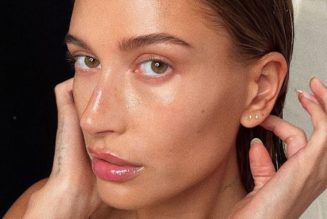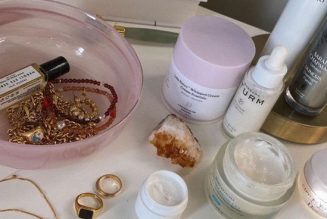
There’s a misconception that makeup can cause acne, and those with acne-prone skin are often told that makeup will make acne worse. “I definitely don’t think we should be shaming people for wearing makeup, as long as they are guided on the types of products they should be using and the application process,” says Dr Mahto. “There is clinical trial data which shows that wearing makeup will give acne sufferers more confidence. Make up alone doesn’t cause acne, likewise, going make up free won’t stop excess oil, bacteria or dead skin cells shedding in the pores or control the spot-causing bacteria.”
If you want to wear makeup, then you can. Dr Mahto has a few pointers on how to make your makeup work best for your skin. Firstly, ensure your hands are clean and your brushes are also clean. “I would recommend that makeup brushes are cleansed on a weekly basis,” she says. After applying your moisturiser and SPF, assess what areas you’d like to address. “If you’re acne prone, you may find it helpful to just use makeup in the areas that you need it and allow the skin where you’ve got no acne or blemishes to remain uncovered,” she says. “If you still want to go for a heavy base or a heavy concealer, look for products which are non-comedogenic. These can include mineral based products which can help dry up the skin and tend to be more mattifying.” Matte foundations, for example, tend to work better on oily or acne-prone skin.
Colour correctors can be particularly helpful if acne scarring and pigmentation are concerning you. “A lot of people with acne find that it’s the redness or the discolouration that bothers them. Someone with lighter skin tones might get away with just using a green colour corrector that will neutralise redness with a little bit of concealer rather than applying a heavy foundation everywhere,” she says. “Similarly, those with darker skin tones who experience dark marks rather than redness, using peach colour correctors underneath their makeup or concealer can help neutralise dark marks.”











Tagged: skin